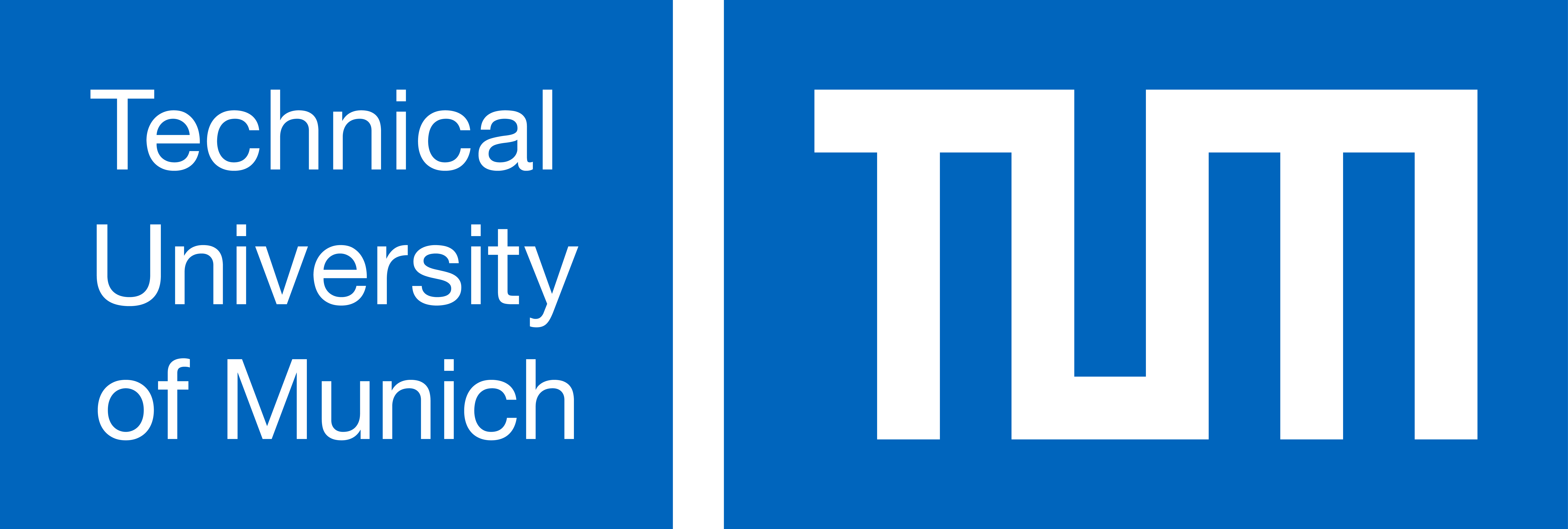About this course
The module is divided into two parts. The first part deepens and expands the study of finite automata initiated in IN0011 (Introduction to theoretical computer science), while the second introduces automata on infinite words. In both parts automata are seen as a data structure for the manipulation of (possibly infinite) sets and relations. The module shows how to implement Boolean operations and joins for different automata classes (nondeterministic and deterministic automata, binary decision diagrams, Büchi automata). It also introduces the connection between automata and logic. The algorithms are applied to a variety of problems, ranging from pattern-matching to program verification and solution of Diophantine equations.
Learning outcomes
On successful completion of the module, students will be able to
- use finite automata as a data structure for representation of finite and infinite sets;
- understand and determine the computational complexity of different operations for different classes of automata;
- move to and fro logical and automata-theoretic descriptions;
- apply automata to problems in pattern matching and formal verification.
Examination
Students are assessed by means of a written 120 minutes exam consisting of a list of exercises. Some exercises test if the students are able to construct finite automata for different languages, directly or with the help of composition operations. Other exercises test if the student knows and can apply and combine the algorithms to move between logical and automata-theoretic descriptions. Other exercises test if students can select the right automata-theoretic technique to solve problems related to verification and pattern-matching.
Course requirements
IN0011 Introduction to Theory of Computation
Resources
- Javier Esparza: Automata Theory --- An algorithmic approach. Lecture notes, 2012. John E. Hopcroft, Rajeev Motwani, Jeffrey D. Ullman; Introduction to Automata Theory, Languages and Computation; Addison-Wesley Longman, 3rd edition, 2006. Joerg Flum, Erich Graedel, Thomas Wilke (eds.); Logic and Automata: History and Perspectives, Volume 2; Amsterdam University Press, 2008. Dominique Perrin, Jean-Eric Pin; Infinite Words: Automata, Semigroups, Logic and Games; Academic Press, 2004.
Activities
The module consists of lectures and tutorials. During the lectures students are asked to solve small exercises online. Students also received weekly assignments, whose solution is discussed in the tutorials.
Additional information
- More infoCoursepage on website of Technical University of Munich
- Contact a coordinator
- CreditsECTS 8
- Contact hours per week4
- InstructorsJan Kretinsky, Balasubramanian Ayikudi Ramachandrakumar, Philipp Czerner, Ernst Mayr, Systemadministrator, Francisco Javier Esparza Estaun, Salomon Sickert - Zehnter, Marijana Lazic, Chana Weil-Kennedy, Moritz Fuchs, Roland Guttenberg
- Mode of instructionHybrid
Offering(s)
Start date
15 October 2024
- Ends5 February 2025
- Term *Winter 2024/2025
- Instruction language
- Register between26 Aug - 13 Sept 2024
Only 6 days to enrolApply now
